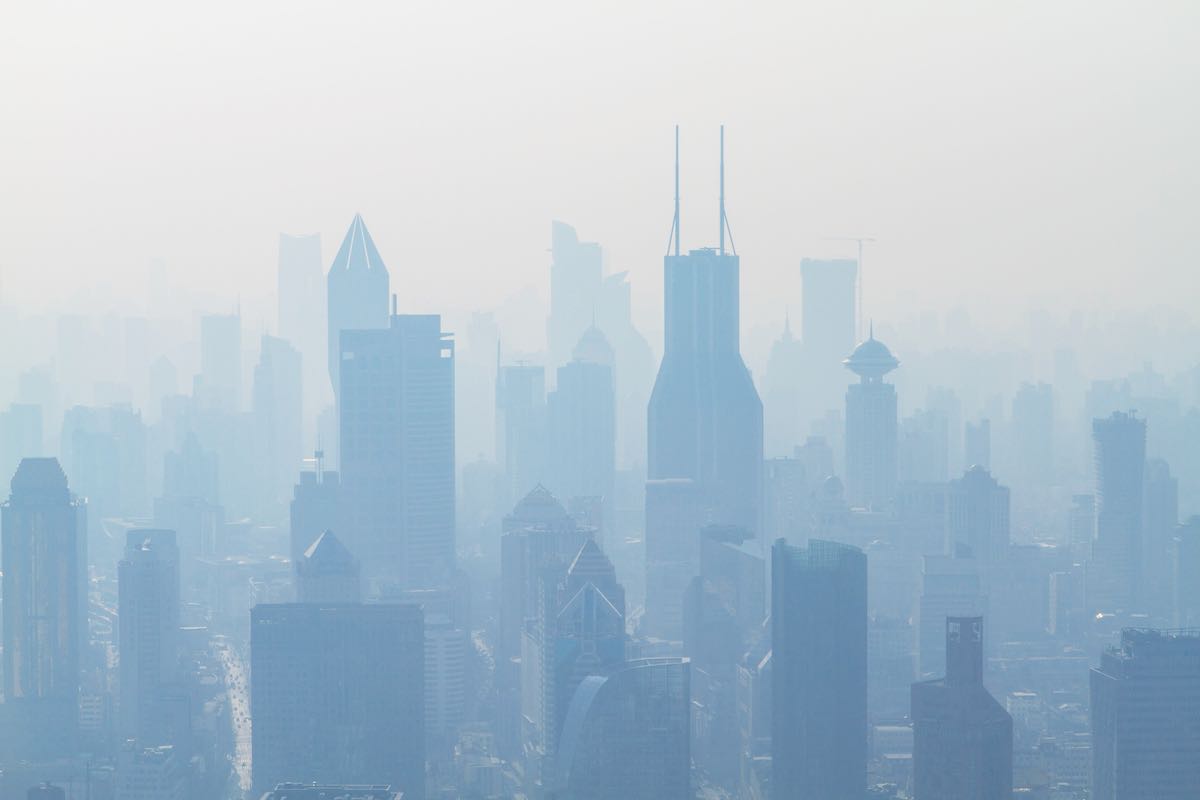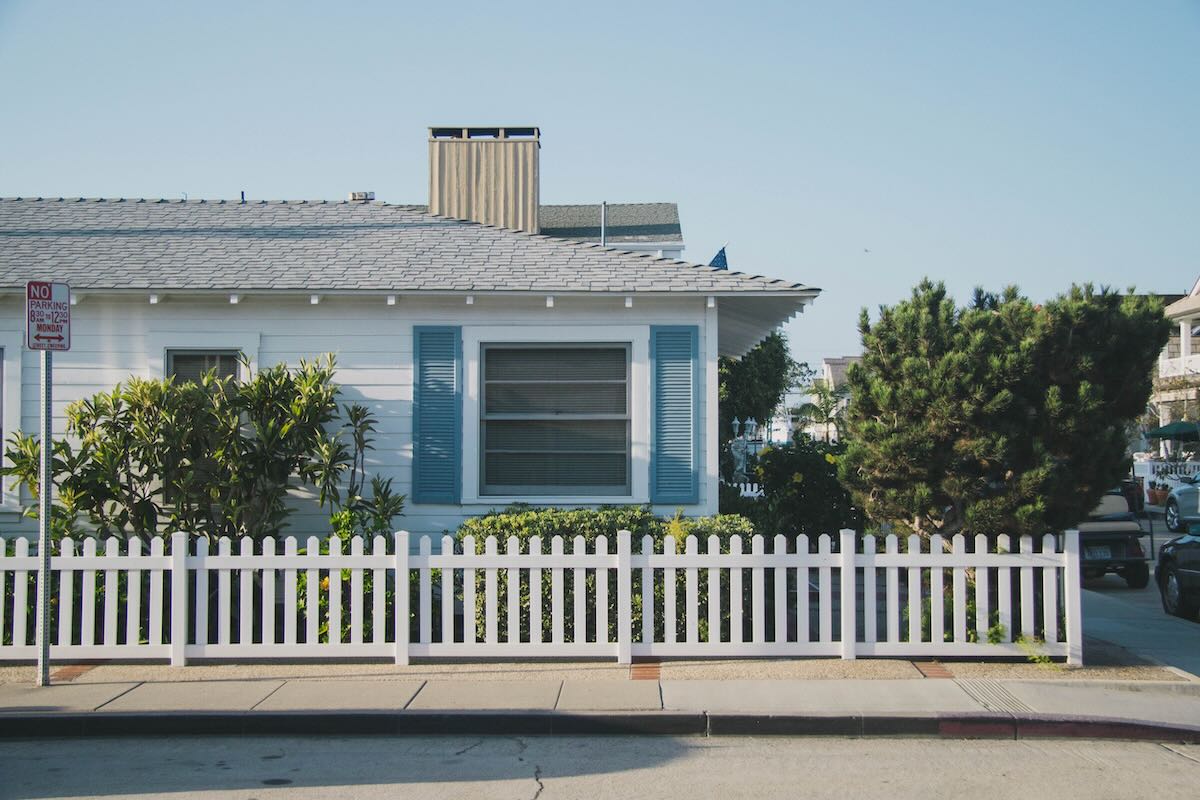Lawns – Issue 79
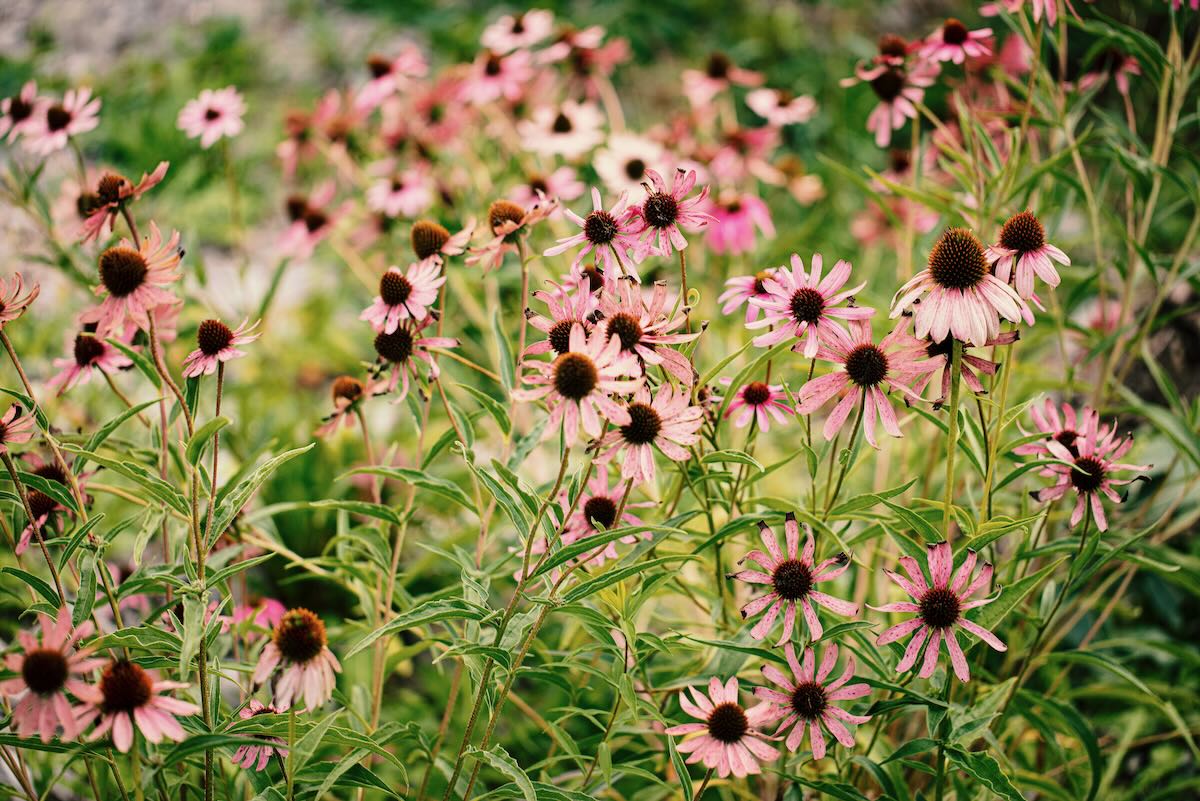
Love your lawn? Do you hanker for a perfect carpet of green fescue? How many hours do you dedicate to weeding, watering, and mowing to get those perfect geometric stripes?
Has this summer proven difficult for lawns where you live? Watering restrictions? Pests? Perhaps your lawn wars begin in the spring when you take on the dandelions.
Why my interest?
Well, any number of reasons! Chinch bugs, Japanese beetles, and grubs are a constant frustration for me! Since the ban of carcinogenic fertilizers, herbicides, and pesticides the weeds flourish. These and another host of pests frustrate lawn keepers everywhere. We may not have watering restrictions where I live adding to lawn care difficulties, but ….

Have you been reading the headlines?
- Weather tracker: drought declared in England after driest July since 1935 – The Guardian, August 15, 2022
- In Los Angeles the grass isn’t always greener this year – New York Times, August 15, 2022
- The most important river in the American West is drying up – The Economist, August 16, 2022
- Europe’s Scorching Summer Puts Unexpected Strain on Energy Supply – New York Times, August 18,2022
- Drought in France: Tensions rise as rivers run dry – Le Monde, August 14, 2022
About 47% of the European Union is suffering / has suffered from severe drought this summer with wildfires across the region. Grass and forrest fires in the UK! While these are nothing new in Southern California, it is a shock when there are grassfires in London parks.
The Colorado River has been shrinking for years. And now, it is so dry that the electrical power for four million Americans is at risk. Even Norway has concern over the water levels in its reservoirs. Just when it could be using its usual excess generation capacity to supply clean electric energy to the EU!
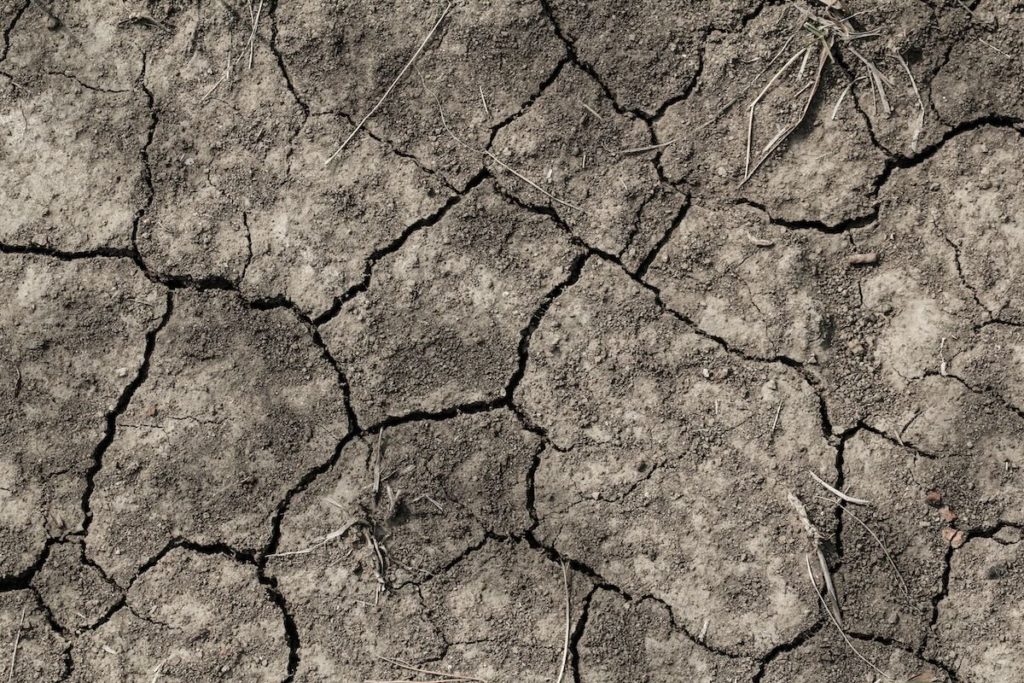
So now? Mandated Water Cuts!
In the US Southwest, the US government pays farmers to leave fields fallow. The Feds have set limits on the amount of water each of the seven states in the Colorado River management group can now draw from it. States and cities are finally setting strict limits on watering lawns and gardens.
And in London, starting August 24th households will not be permitted to use hosepipes to wash cars, water gardens or allotments, fill swimming pools, or even wash windows. In France 90 out of 96 “départements” face severe water restrictions.
Some readers may think we don’t have a climate change problem. However, no one can deny the water shortages and drought in the most inconvenient places. London, Paris, Cape Town, Miami, Atlanta and of course all of the desert cities around the world.
I have never loved my lawn
But peer pressure caused green carpet ambitions. However, I have always hated the process of weed pulling, over-seeding, aerating, fertilizing, and mowing. All without much significant success. For the past several years my adult children have been lobbying me to join the thousands who now sow clover, wildflowers and all other types of ground covers. I have succumbed and I couldn’t be happier.
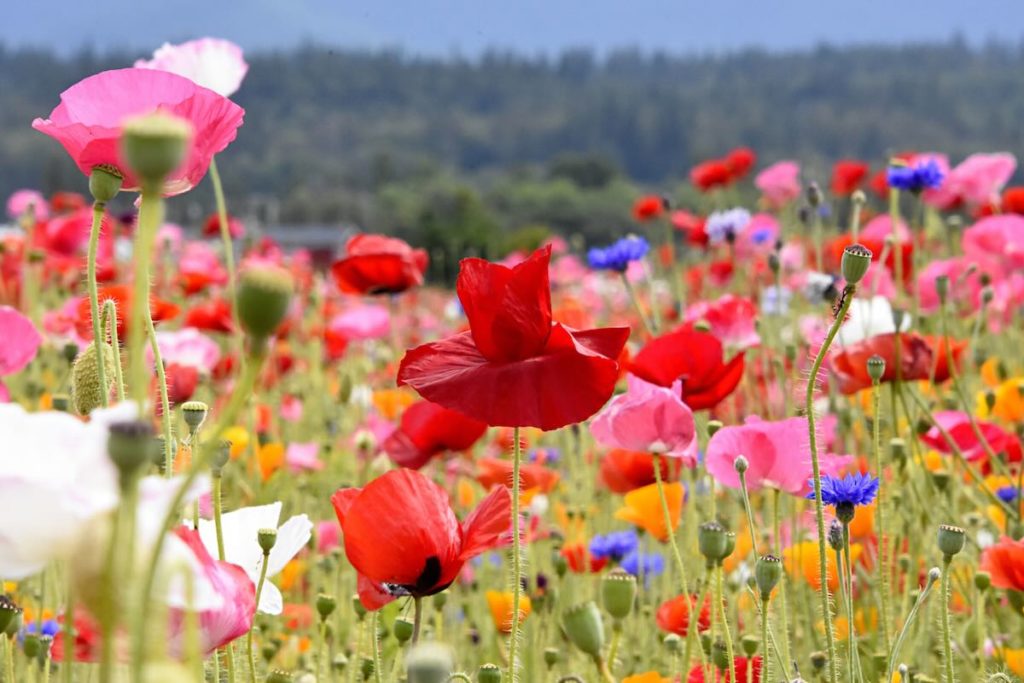
Grubs and chinch bugs hate clover and wildflower roots which drive deep into the soil. The new ground coverage is so dense it eventually chokes out the spread of the hated dandelion. It has to be left long, so I only mow very occasionally and leave the cuttings to mulch. Two weeks of hot sun and dry weather – my yard is still lush and green while all of the conventional lawns around me are brown, brown, brown.
Other advantages to natural lawns include wildlife. Rabbits sit eating clover. Butterflies and bees hover over wildflower patches. There are more birds. Grub-infested brown spots have almost completely disappeared. Mint and thyme smell fantastic and you can use these herbs in the kitchen.
Love Your Lawn?
So, do you really love your lawn? Do you count the hours spent on lawn maintenance? Have you added up the cost of seeds, supplements, fertilizers wasted on growing a crop that you murder every week and then coax back to life just to repeat the murder the following week. And then there is the watering. I hate the watering. I get frustrated when I discover that half of the precious resource has gone down the storm sewer.
Do lawns have a future in the age of drought? Maybe, but get ahead of the curve! Make your environmentally conscious offspring and neighbours happy! Make bees and butterflies rejoice! Enjoy more wildlife! And make a contribution to preserving water! Every precious drop counts!


